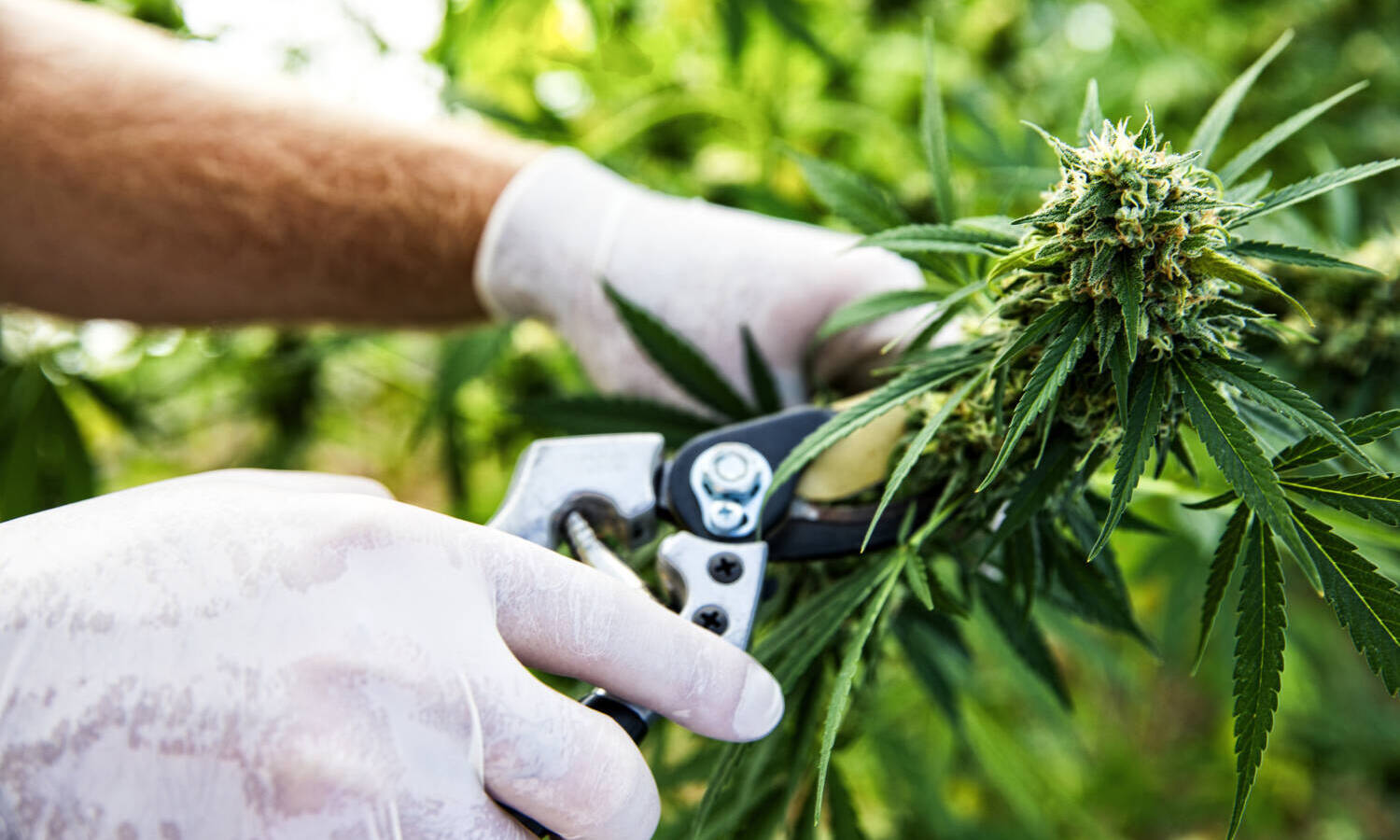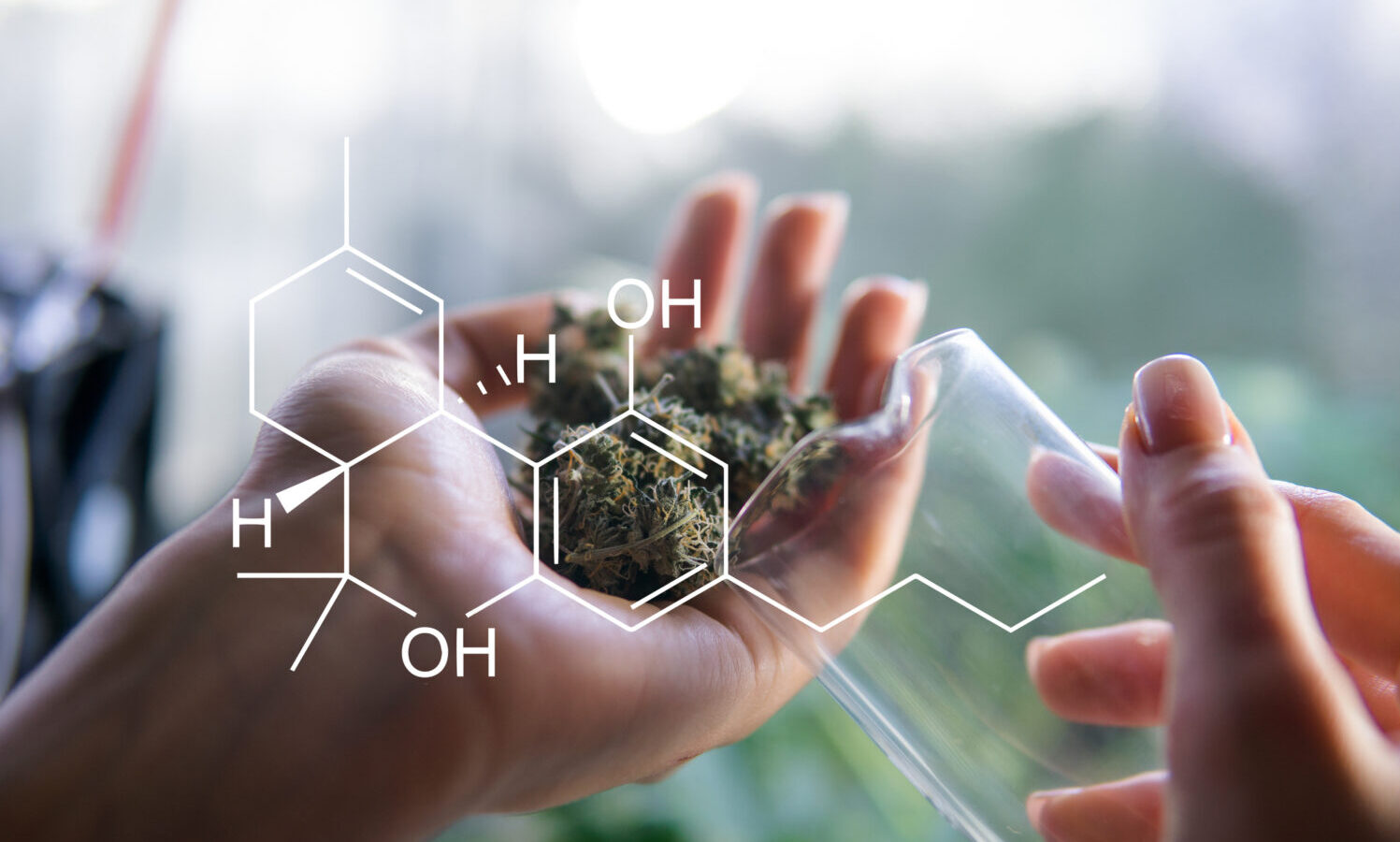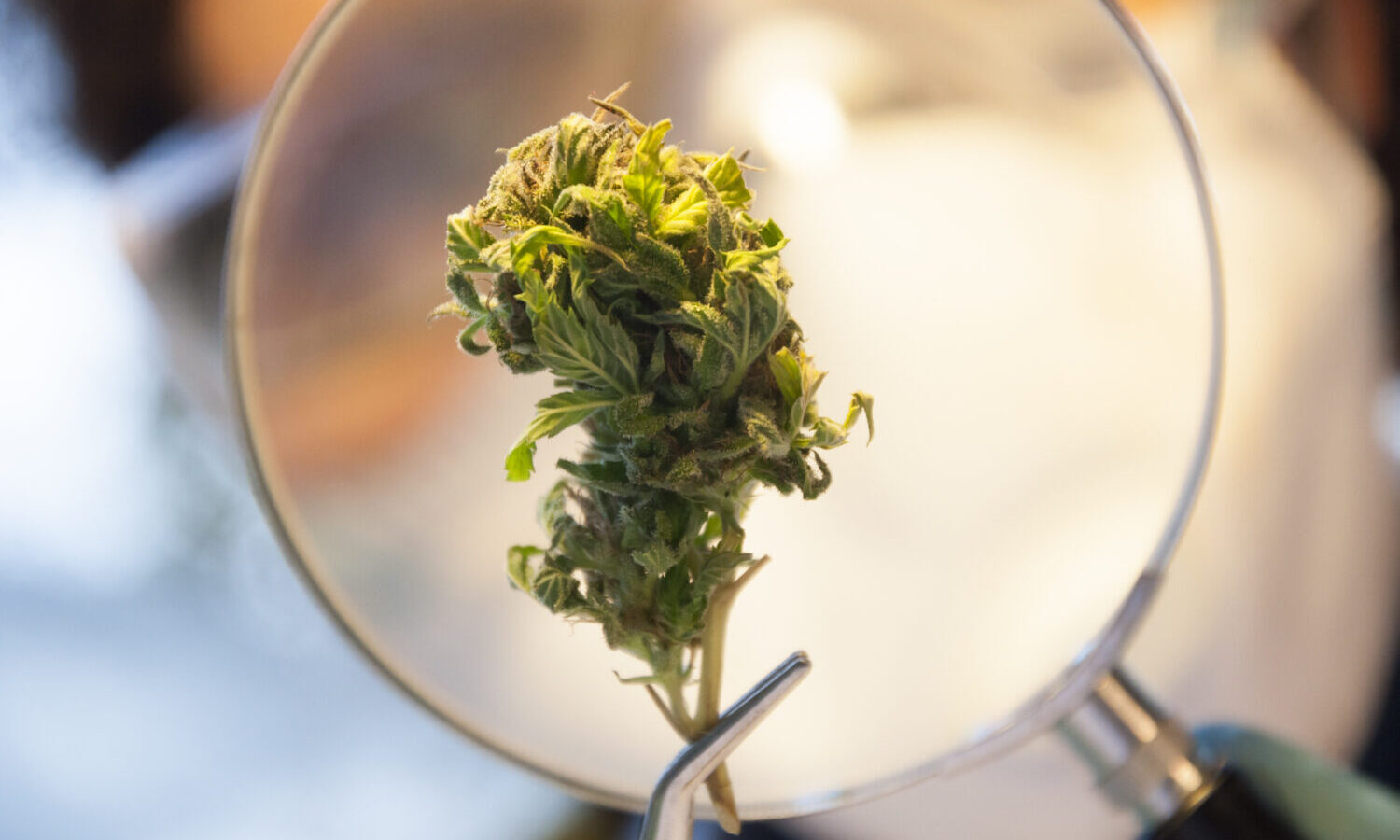Although hemp and cannabis are two different species, there’s an important legal difference between the two.
Hemp and cannabis are two totally different plants, right? Yes and no. Technically, hemp and cannabis are actually the two different species, from the same genus Cannabis (Family – Cannabaceae). They’re not classified as two different plants in a biological sense. Although science doesn’t fully distinguish between hemp and cannabis, the law does.
Hemp Vs. Cannabis
According to US law, hemp is defined as cannabis that contains 0.3% THC or less by dry weight.
Let’s back up for a second. THC, short for tetrahydrocannabinol, is a cannabinoid that can make you feel intoxicated — in other words, it makes you feel high. The other cannabinoids in hemp and cannabis plants don’t seem to be intoxicating.
That being said, because hemp contains 0.3% THC or less, it can’t make you feel intoxicated. It really is a small amount of THC.
Cannabis, however, contains more than 0.3% THC. You’ll find that most cannabis strains contain anywhere between 15% and 30% THC.
To summarize: hemp can’t make you feel intoxicated, while cannabis can.

Why 0.3% THC?
As mentioned, biology doesn’t distinguish between hemp and cannabis. So who made up the 0.3% rule?
The definition was initially proposed by Ernest Small in his 1979 book, “The Species Problem in Cannabis: Science & Semantics.” Small pointed out that it’s difficult to define the difference between hemp and cannabis. He suggested we draw the line for THC content at 0.3% — but he actually acknowledged that it was an arbitrary rule himself.
RELATED: Here’s Why The CBD You Bought Isn’t Working
However, the number went on to inform the legal definition of hemp in the United States. Various pieces of literature, including the Agricultural Act of 2018 (the so-called Farm Bill), used Small’s definition of hemp.
The legal difference between hemp and cannabis
We mention the Agricultural Act of 2018 because it was a pretty important piece of legislature. Also known as the 2018 Farm Bill, this Act went on to legalize hemp on a federal level.
Thanks to the 2018 Farm Bill, it became legal to cultivate and process hemp throughout the United States. The Bill made it possible for companies to produce and sell hemp-based products, including hemp-based CBD products, hemp seed products, hemp milk, hemp textiles, hemp bioplastics, building materials and more.
RELATED: What’s The Difference Between CBD From Hemp And CBD From Cannabis?
Note: Cannabis that contains over 0.3% THC isn’t federally legal, although it is legal in some states.
So, although hemp and cannabis are two different species, there’s an important legal difference between the two.

What about other cannabinoids?
Hemp and cannabis can both contain CBD and other cannabinoids. You’ll find that certain strains are bred to contain more of one compound, or terpene profile, than others. Some growers grow for full spectrum plants, or separately, they specifically cultivate for a target compound, such as high-CBD, high-CBG, or high-CBN strains.
However, for a cannabinoid product to be legal throughout the United States, it needs to be derived from hemp. Our wellness products are hemp-based and thus fully legal — which is why we’re able to ship our products all over the United States, and even globally.
This article originally appeared on Astraea.co and has been reposted with permission.


